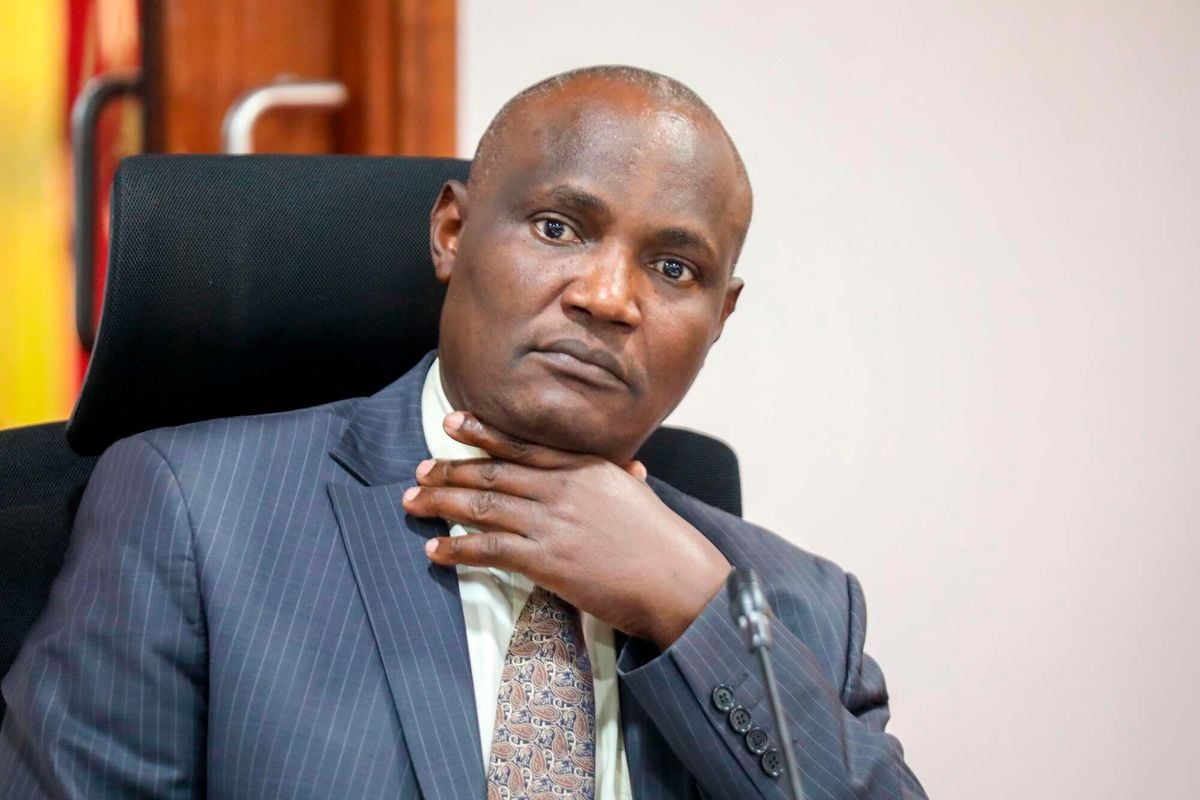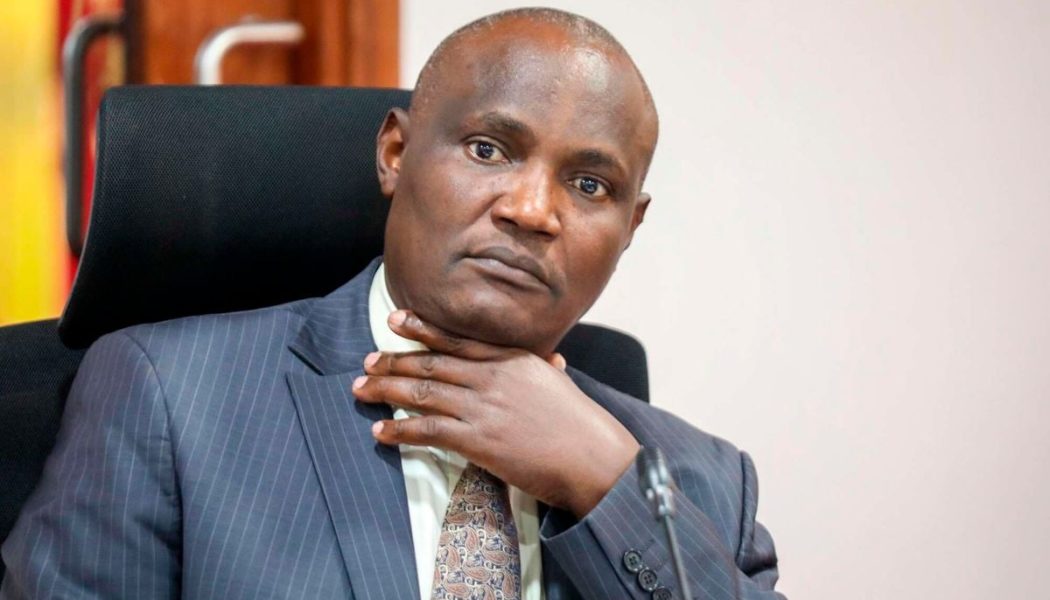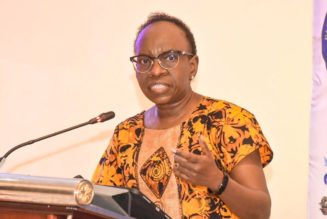
The High Court judgment declaring the Privatisation Act, 2023 unconstitutional looks set to further complicate Kenya’s efforts to unlock more than Sh77.5 billion in new funding from the International Monetary Fund (IMF).
The IMF had partly tied the financing plan to a comprehensive reform of State-owned enterprises (SOE), including sale and closure of some of them as a condition for the $3.6 billion (Sh464 billion) four-year loan.
The Privatisation Act was updated in October 2023 to support the sale of the parastatals, with some relying on State bailouts and showing little prospects for recovery.
The High Court quashed the new law on grounds that it was enacted without adequate public participation — a constitutional requirement.
The Treasury had already identified 11 parastatals for sale, which included the Kenyatta International Convention Centre (KICC), New KCC, Kenya Pipeline Company, National Oil Corporation of Kenya (Nock) and Kenya Seed Company.
“The six memoranda received coupled with a few handpicked stakeholders could not effectively represent the views of the people as required by Articles 10 and 118 of the Constitution as expounded by courts for purposes of enacting the legislation,” said the court.
The privatisation setback combined with the government’s failure in June to push through new tax measures in the Finance Bill, 2024 following deadly protests have emerged as hurdles in unlocking fresh funding from the IMF.
Kenya agreed to a four-year loan with the IMF in 2021 and signed up for additional lending to support climate change measures in May 2023, taking its total IMF loan access to $3.6 billion (Sh464 billion).
Kenya, which is awaiting a long-delayed $600 million (Sh77.5 billion) IMF tranche, is in a dire need for funds.
Treasury officials have previously said they expected the IMF board to consider approving the disbursement later this month, but no date has been set for a meeting to discuss this.
The Treasury is walking a financing tightrope after deadly protests forced President William Ruto’s administration to abandon tax measures that would have collected Sh346 billion this year. As a result, Kenya has widened its budget deficit to 4.3 percent of gross domestic product for the current fiscal year through June from an initial 3.3 percent, potentially breaching IMF-programme targets.
To fill that hole, it plans to tap foreign loans and borrow billions locally.
Speaking last month, Central Bank of Kenya (CBK) governor Kamau Thugge disclosed that the government had met most of the review targets, save or those touching on revenue performance.
In addition to fiscal consolidation and improved public resource management, the government was tasked by the IMF to improve the effectiveness of monetary policy, the foreign exchange market, the governance and anti-corruption framework and address climate risks as part of the programme’s reforms package.
On the monetary end, Dr Thugge said that the CBK met its target on net international reserves in December 2023 and June 2024.
“The one that has been problematic has been on the revenue side. We missed targets in December 2023 and June 2024… having said that, targets were very high,” said the governor.
The difficulty in hitting the targets under present conditions has seen the IMF and the government return to the table to seek a consensus on new revenue targets due to the collapse of the Finance Bill, 2024.
Last week, a staff team from the IMF concluded a fact-finding visit to Kenya to discuss the recent developments. In a statement at the end of the visit, the IMF said that it had held productive discussions with the government on the latter’s policies and reforms to address the evolving economic and fiscal challenges.
The IMF added that it was committed to helping Kenya identify “policies that could support the completion of the reviews under the ongoing programme as soon as feasible.”
The uncertainty over the privatisation programme, coming after the latest round of discussions, will likely delay the funding decision further.
The IMF had already flagged the fiscal risk tied to SOEs as a major concern at the beginning of this year.
A country report on Kenya (dated January 2024) pointed to a cumulative Sh383 billion liquidity gap over five years for 18 SOEs—excluding Kenya Airways— involving the largest financial and fiscal risks for the taxpayer.
To reduce this exposure, the government and the IMF agreed that by October 2024, the Treasury would submit to Parliament and publish an assessment of the national government’s continued involvement or investment in State corporations.
This assessment would also include specific recommendations of firms to be privatised, merged, or liquidated or transferred to counties, and the timelines of the same.
In December 2023, the Treasury had published the list of 11 parastatals to be privatised and called for public views on the proposed sale.





![Weekly Report [June 07 – 14]: 3iQ Crypto Feeder ETFs, Lithuania booming crypto wallet ban, MasterCard NFT collaborations and more](https://www.wazupnaija.com/wp-content/uploads/2022/06/weekly-report-june-07-14-3iq-crypto-feeder-etfs-lithuania-booming-crypto-wallet-ban-mastercard-nft-collaborations-and-more-327x219.png)



